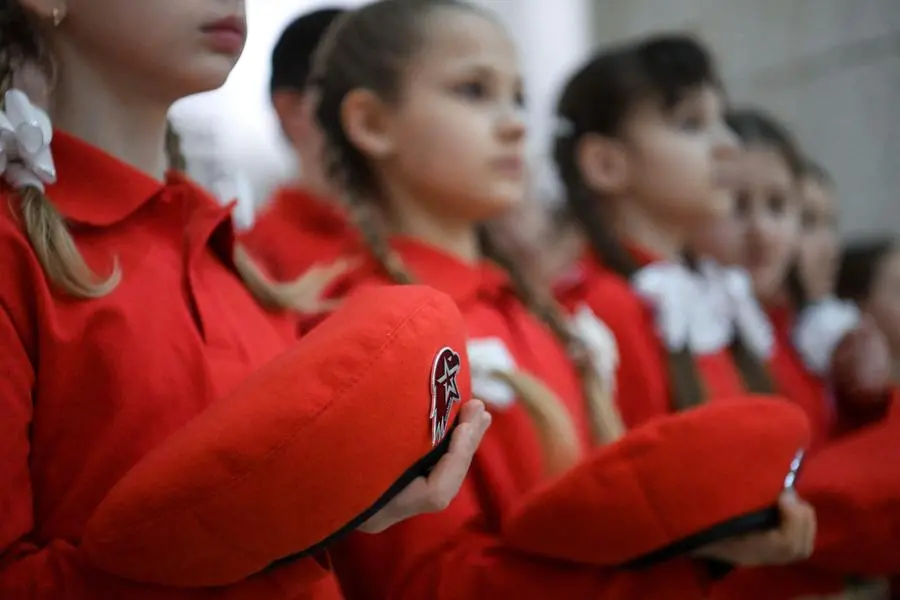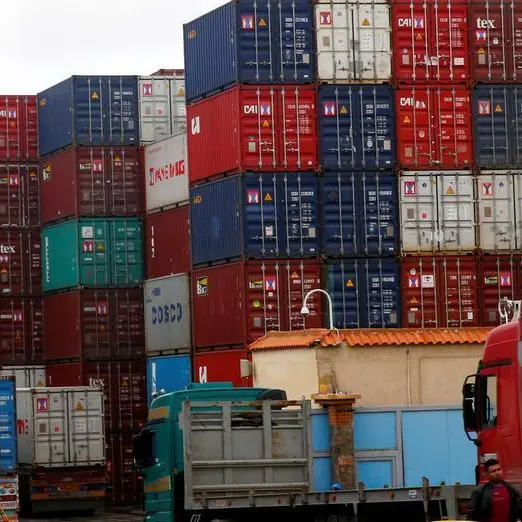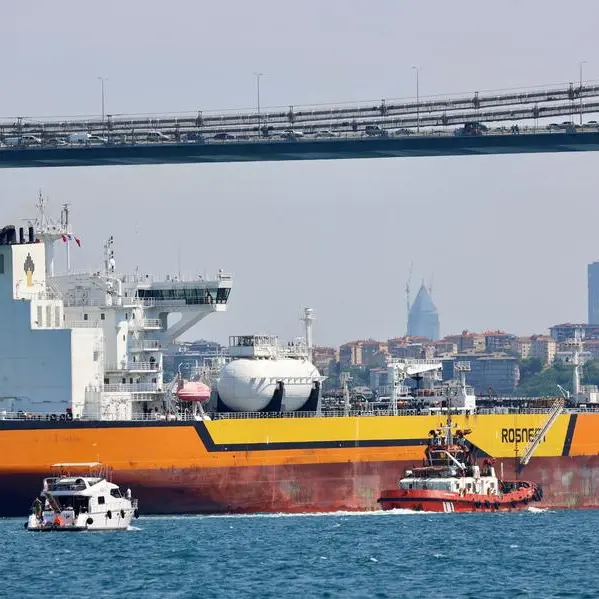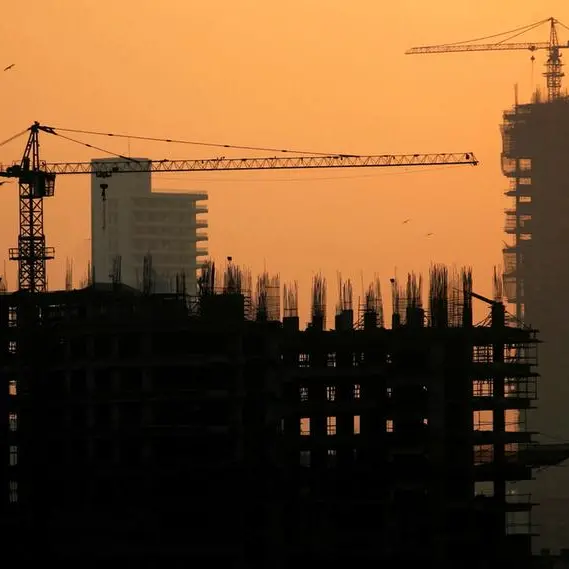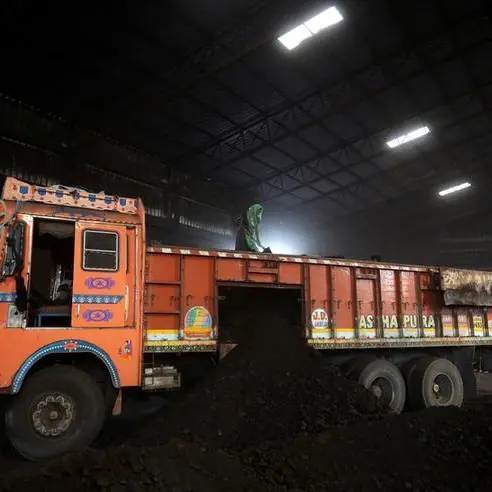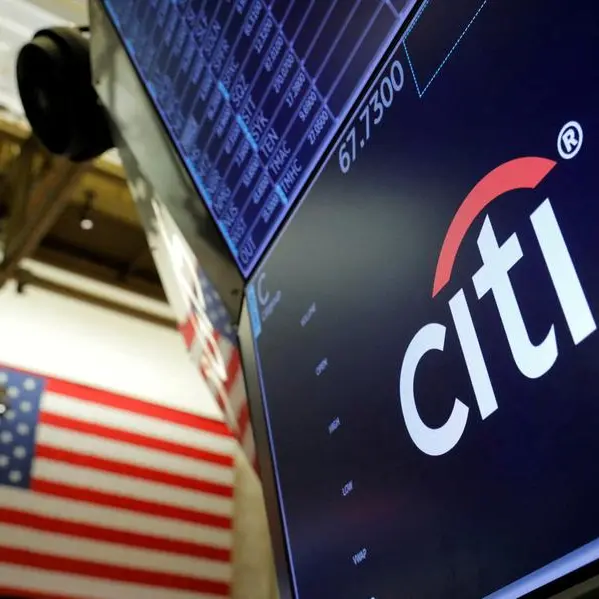PHOTO
At the Stalingrad Battle Museum in Russia's southern city of Volgograd, dozens of teenagers stand in a circle, waiting to take oath as they join the patriotic Youth Army movement.
Dressed in beige trousers and red berets, the children stand in rows in the building's iconic Triumphant Hall, decorated in white marble and symbols of the Red Army crushing the Nazis.
"Do you swear to always be loyal to the motherland?" a group leader said.
"I swear!" they replied in chorus.
Some parents watched as their children took the oath in the presence of officials, war veterans and local leaders of the militaristic youth group.
Daria Chertkova said her 12-year-old son Stanislav made a "conscious decision" to join the group by himself.
"We supported it," she told AFP.
The family had always been patriotic and interested in the past, the 31-year-old mother said.
But Moscow's offensive in Ukraine and the fallout over it pushed them to take their patriotism a step further.
"He knows about the special military operation," Chertkova said, using Moscow's term for the offensive.
"In part, what is happening in the world influenced his decision."
She hopes her younger son, who is six years old, will also join the movement.
"For a boy, I think the main thing is: to love your country, to defend your motherland, to be a patriot."
Patriotic education has been on the rise in Russia for years, but it has taken centre stage since the Kremlin sent troops to Ukraine almost a year ago.
- 'Even more patriotic' -
According to the Youth Army's website, more than 1.2 million children have joined its ranks since the movement was launched in 2016.
The group accepts children between eight and 18 years old.
It is heavily focused on the memory of the Soviet war effort against the Nazis.
The oath-taking ceremony in Volgograd came ahead of the 80th anniversary of the battle of Stalingrad, the name of the city at the time.
Teacher Yuliya Chernishova, who accompanied her students taking part in the ceremony, said movements like the Youth Army are "very important in our times."
The teacher said she had taken her students to visit soldiers wounded in Ukraine.
The children performed a comedy show for the injured troops.
"We also did New Year postcards (for soldiers on the front)," the 42-year-old said.
Parents AFP spoke to struggled to decide how much to disclose to the youths.
"He knows that Russia has entered into a conflict with Ukraine," said Lilya, a pensioner who refused to give her last name.
She was accompanying her 10-year-old grandson Artyom -- one of the youngest taking part in the ceremony -- to the event.
The Youth Army has often been called Russia's 21st century version of the Soviet Pioneer and Komsomol movements -- albeit with different uniforms and with glitzy social media accounts.
Lilya, who used to work in Volgograd's puppet theatre, said she "did it all" in her Soviet youth.
"I was a Pioneer, Komsomol and Little Octobrist," the grandmother said, wearing a fur coat and purple glasses.
Asked what made the Youth Army different, she said: "I think they are even more focused on instilling patriotism."
